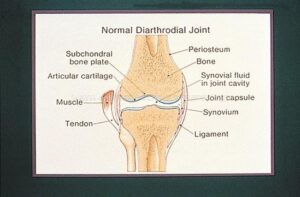Estimates of alcohol problems are the highest among people seeking health care because individuals with drinking problems are more likely to seek medical care. Fourteen percent of men and 3 percent of women older than age 65 engage in binge drinking.
Misuse and abuse of alcohol in older adults present unique challenges for recognizing the problem and determining the most appropriate treatment interventions. Alcohol use problems in this age group often go unrecognized and, if they are recognized, are generally undertreated. Standard diagnostic criteria for abuse or dependence are difficult to apply to older adults, leading to under-identification of the problem. Older adults who are experiencing substance misuse and abuse are a growing and vulnerable population.
- Men: No more than 7 drinks/week, or 1 standard drink/day;
- Women: No more than 7 drinks/week, or 1 standard drink/day;
Binge drinking:
- Men: No more than 3 standard drinks on a drinking occasion;
- Women: No more than 2 standard drinks on a drinking occasion.
Older individuals should not drink any alcohol if they:• Are taking certain prescription medications,
• Have medical conditions that can be made worse by alcohol (e.g., diabetes, heart disease),
• Are planning to drive a car or engage in other activities requiring alertness and skill,• Are recovering from alcohol dependence, should not drink alcoho.
SBIRT is a comprehensive model for addressing at-risk alcohol use, problem use, and dependence in a variety of health care settings.
- Screening quickly assesses the severity of substance use and identifies the appropriate level of intervention.
- Brief interventions focus on increasing insight into and awareness of substance use and motivation for behavioral change.
- Referral to treatment provides access to specialty substance abuse assessment and care, if needed.







